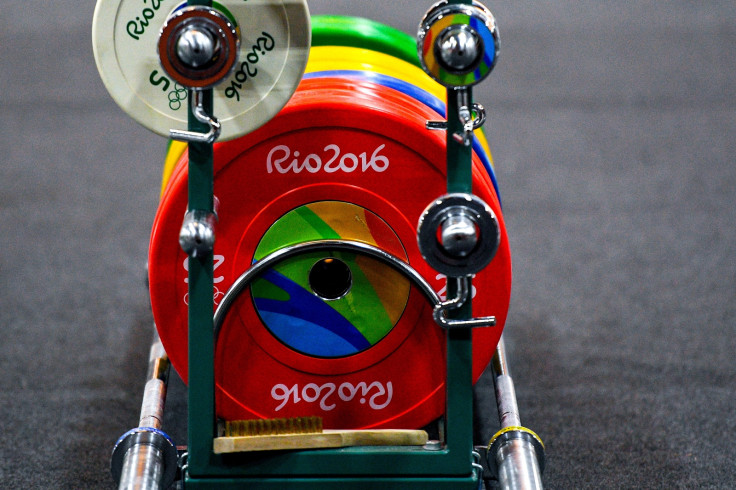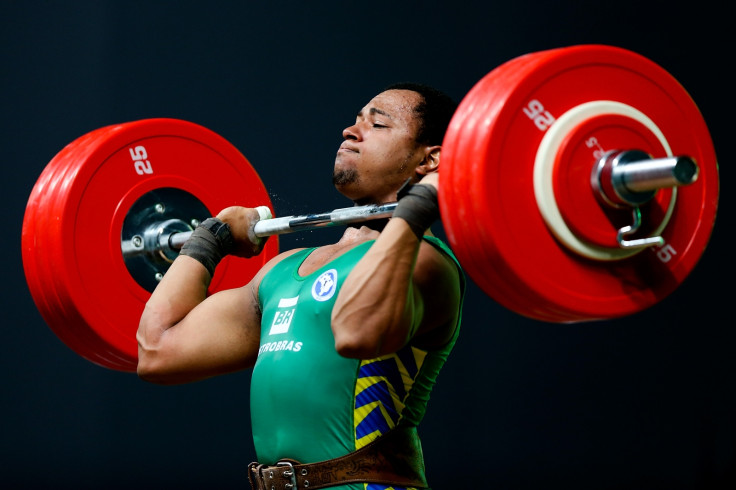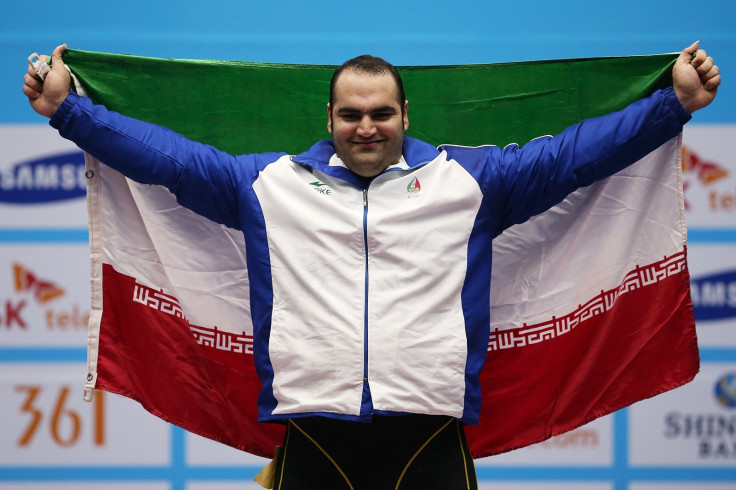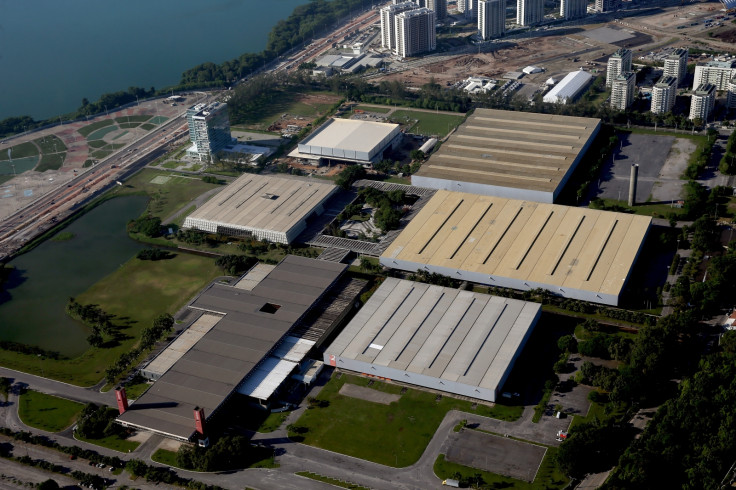Rio 2016 Olympics weightlifting competition: All you need to know ahead of the event
There are 15 events in the Brazil Games – here is a history of the event and its schedule.
The ancient and immensely powerful sport of weightlifting has been an Olympic pursuit for men since being included under the banner of gymnastics at the first modern Games held in Athens back in 1896. It returned eight years later in St Louis and was absent again before becoming a permanent fixture in 1920. Women have only been competing since Sydney 2000.
The Soviet Union historically lead the all-time medal table with 62 total medals including 39 golds, although dominant China are steadily closing the gap. The United States, Bulgaria and France fill out the current top five, followed by Turkey, Germany, Greece, Poland and Iran.
Following the International Olympic Committee's (IOC) hugely controversial decision to allow individual sporting associations to decide on the participation of Russian athletes in the aftermath of the recent state-sponsored doping scandal, the International Weightlifting Federation (IWF) has decided to ban their weightlifting team from competing. That suspension, like many others with just days remaining until the opening ceremony, is currently being contested at the Court of Arbitration for Sport (Cas).
"We would like to highlight the extremely shocking and disappointing statistics regarding the Russian weightlifters," the IWF said in a recent statement. "The integrity of the weightlifting sport has been seriously damaged on multiple times and levels by the Russians, therefore an appropriate sanction was applied in order to preserve the status of the sport."

Lingering concerns over doping have rather conspired to cast a gloomy shadow over weightlifting ahead of Rio, and Bulgaria's Olympic ban was upheld by CAS earlier this year after 11 athletes tested positive for the anabolic steroid stanozolol in March 2015. The IWF also recently confirmed that 11 weightlifters, including six medallists, had been provisionally suspended after producing positive samples in the second round of retests from London 2012.
Format/rules
In today's Olympic weightlifting, men compete over eight categories from bantamweight to super heavyweight and women in seven. Both genders take part in the snatch and the clean and jerk, more information about which can be seen below. The barbells weigh 20kg and 15kg respectively, with coloured discs added to either end in order to achieve the necessary additional weight. There are three referees present and an electronic light system is used to signal either a good lift or no lift.

After an initial weigh-in to place them in the correct category, athletes get three attempts at both disciplines. Medals are eventually handed out across each weight class to the highest combined total achieved with the two most successful attempts.
Key terms
Snatch: This is the difficult first lift involving the barbell being raised from the floor to above the head in one single, continuous movement. It must be held in that final position and athletes are required to remain extended and motionless until the referees give the appropriate signal.
Clean and jerk: A two-stage lift. The 'clean' consists of weightlifters pulling the barbell to chest/shoulder height, while the "jerk" refers to the second part of bending the legs and extending the arms to lift it above the head. The referees will once again determine when it can be returned to the platform.
Athlete to watch

Behdad Salimi Kordasiabi: In the men's 105kg+ super heavyweight category, all eyes will be on the 'Iranian Hercules' to see if he can successfully defend the title he won so impressively by lifting a total of 455kg in London four years ago. A two-time world champion in 2011 and 2012, he took silver in 2014 before being forced to miss the latest World Weightlifting Championships in Houston last November after undergoing surgery to correct a torn anterior cruciate ligament in his knee sustained while attempting a 262kg clean and jerk during training.
Still only 26, Salimi holds the snatch world record in his weight class (214kg) and is a multiple medallist at both the Asian Games and Asian Championships. The pressure will be on in Rio to show that he is fully recovered from his injury and able to see off competition from the likes of Georgia's Lasha Talakhadze, who was promoted to gold in Texas after new world-record holder Alexei Lovchev was stripped and banned for a positive test.
Venue
Riocentro Pavilion 2 will host the Olympic weightlifting and Paralympic powerlifting competitions this summer. An indoor venue measuring 11,500 square metres and capable of hosting 6,500 spectators, it has been refitted for the Games. It is part of a large exhibition and conference centre that lies next to the Olympic Village and close to the Barra Olympic Park.

Schedule
Saturday 6 August: Women's 48kg Group A and victory ceremony
Sunday 7 August: Men's 56kg Groups A, B and victory ceremony, women's 53kg Groups A, B and victory ceremony
Monday 8 August: Men's 62kg Groups A, B and victory ceremony, women's 58kg Groups A, B and victory ceremony
Tuesday 9 August: Men's 69kg Groups A, B and victory ceremony, women's 63kg Groups A, B and victory ceremony
Wednesday 10 August: Men's 77kg Groups A, B and victory ceremony, women's 69kg Groups A, B and victory ceremony
Thursday 11 August: Rest day
Friday 12 August: Men's 85kg Groups A, B and victory ceremony, women's 75kg Groups A, B and victory ceremony
Saturday 13 August: Men's 94kg Groups A, B and victory ceremony
Sunday 14 August: Women's +75kg Group A and victory ceremony
Monday 15 August: Men's 105kg Groups A, B and victory ceremony
Tuesday 16 August: Men's +105kg Groups A, B and victory ceremony
© Copyright IBTimes 2025. All rights reserved.





















